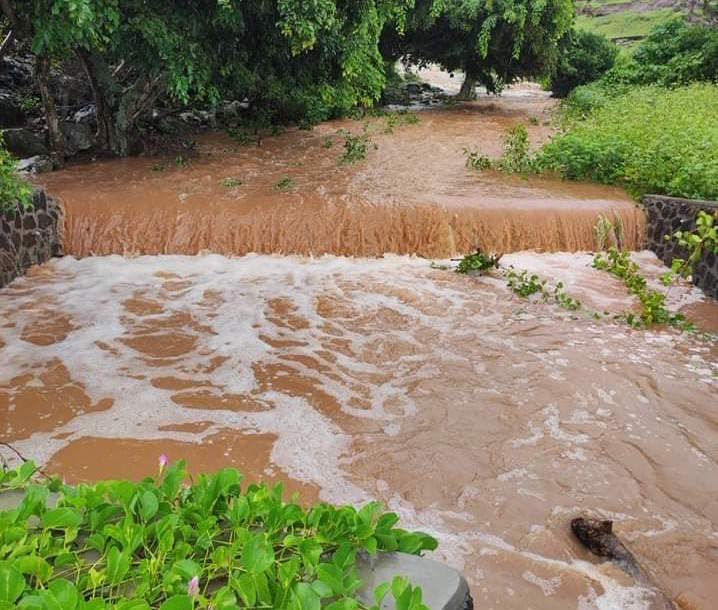|
Getting your Trinity Audio player ready...
|
By Nhau Mangirazi in Cape Town, South Africa
Shehzad Joomun, a journalist from Mauritius is suffering from emotional pressure affecting communities against the effects of climate change that has resulted in property damages, food insecurity, and health challenges in his home country.
Mauritius is an island nation in the Indian Ocean about 2,000 kilometers off the southeast coast of the African continent, east of Madagascar.
It has an estimated population of 1, 3 million people and is a prime resort and tourist island country that has agriculture as part of its economic base.
Joomun made the appeal to African media to amplify their voices for solutions.
Speaking during a training of African Science journalists held under the theme ‘‘Building science communication capacity in Africa’ hosted by Stellenbosch University in partnership with the United Nations Educational, Scientific and Cultural Organization (UNESCO) here, he said there is a need for African journalists to help out.
‘‘We suffer from regular flash floods, a rise in sea level, and beach erosion. This has greatly affected the agro-industry due to changes in temperature. All of these have deep economic and health impacts on our citizens back home,’’ he told the delegates drawn from Africa.
He said there is a need for the media to act like a ‘family and amplify’ community voices against the effects of climate change.
‘‘My own appeal on behalf of fellow citizens back home is for African journalists to be united in making our voices heard regionally and internationally. We cannot fight the effects of climate change alone. Let’s adopt each other’s battle, and give it the exposure it deserves on the continent as well as in the world,’’ he said.
Joomun added that both regional and international media should write more stories so that policies can be made to help out the dire situation.
‘‘Together, we can have a deep impact on decision and policy making, sensitizing those at the top level as well as the members of the public, but also create awareness about these pressing issues on the international scene,’’ he added.






